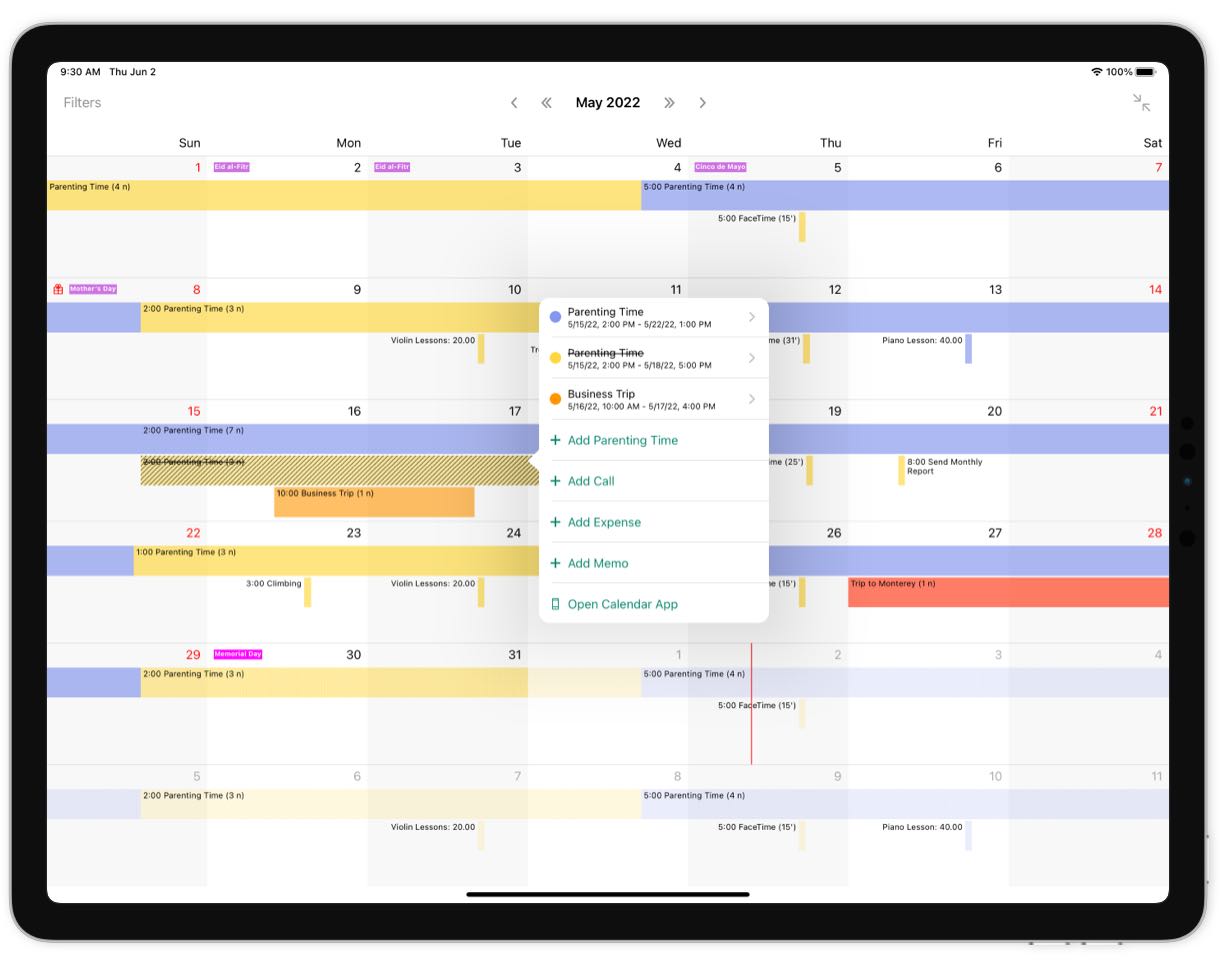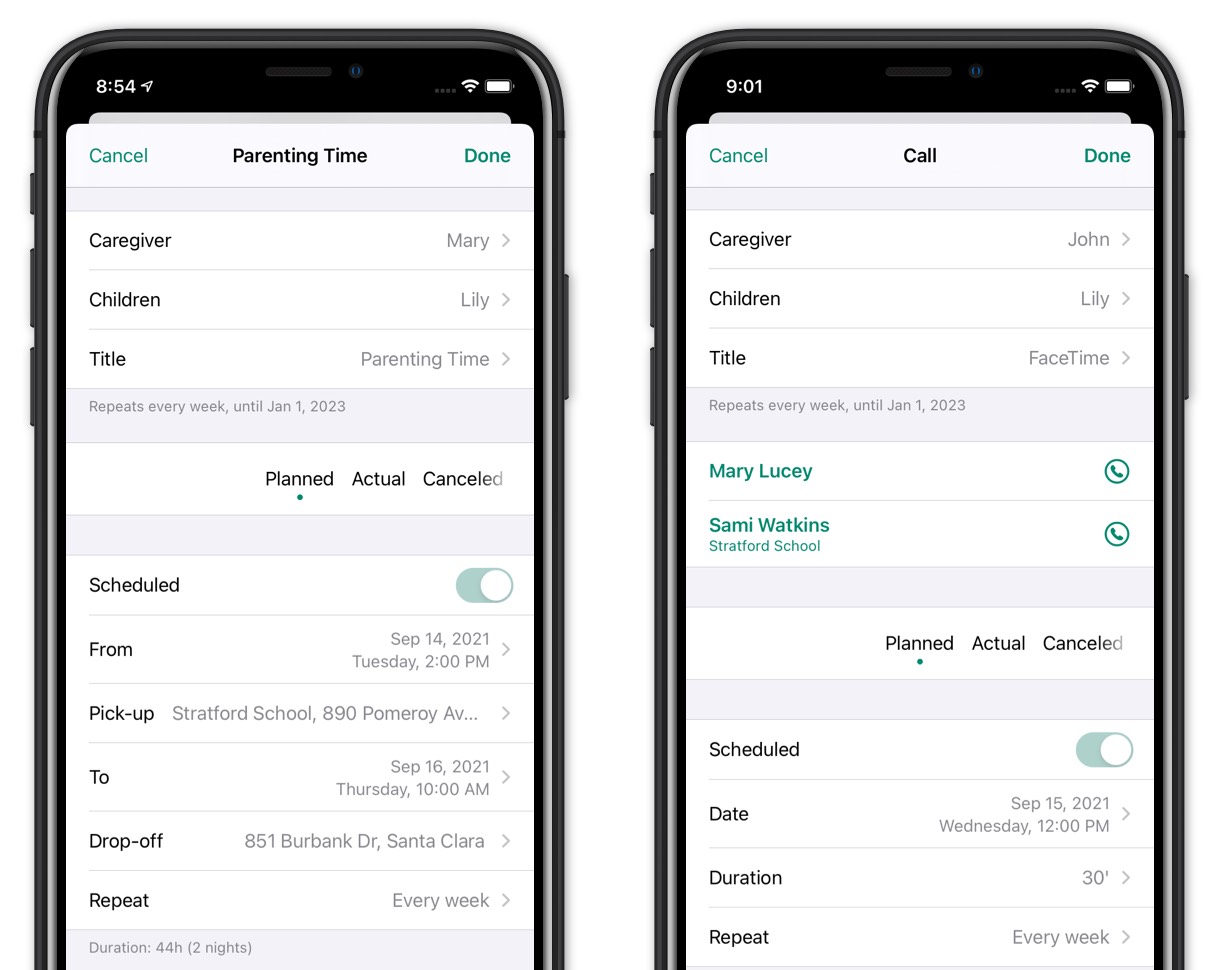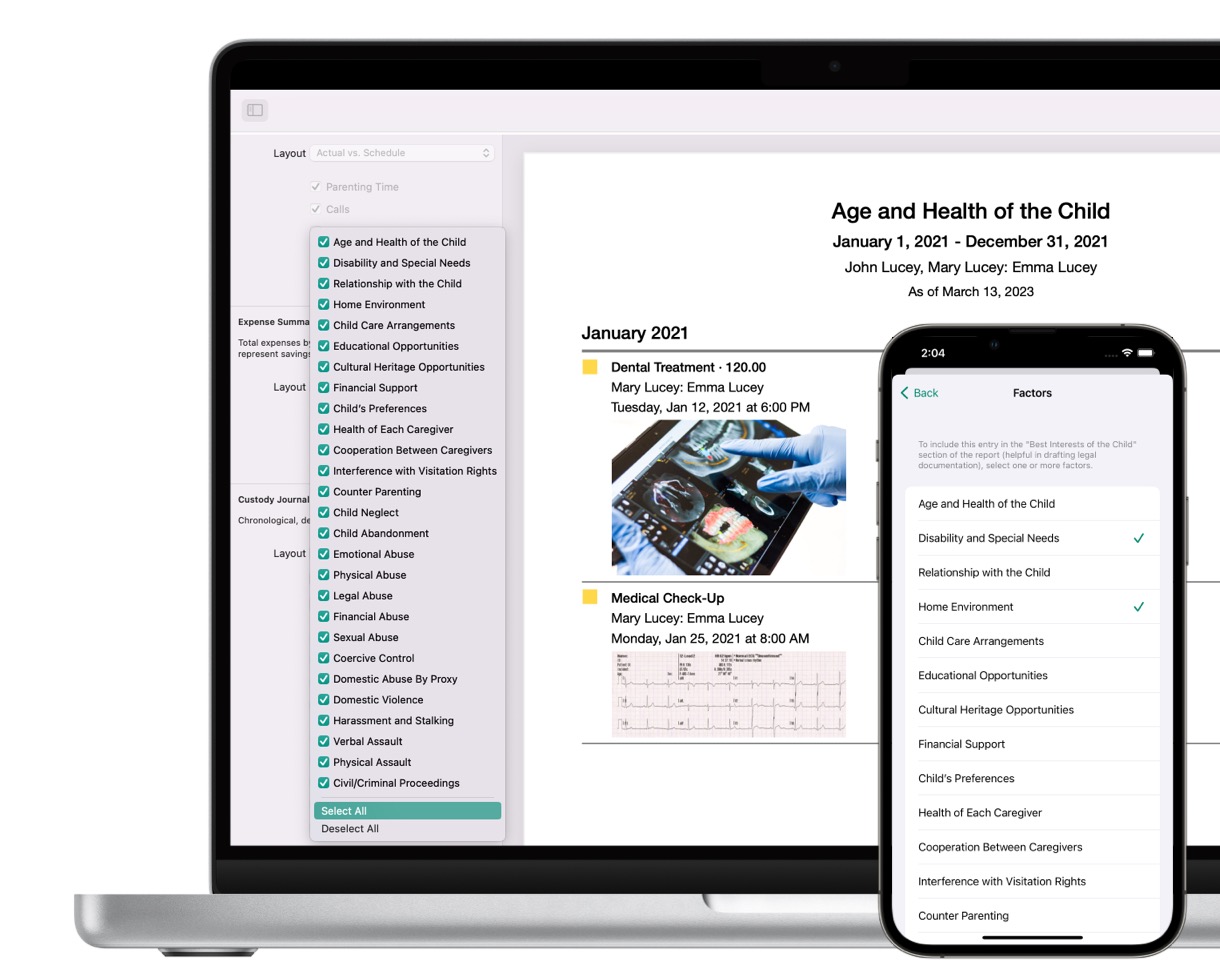6 Steps To Take First After Separating From Your Spouse
Learn what steps you should take first to get through a divorce or legal separation as successfully and amicably as possible.

Learn what steps you should take first to get through a divorce or legal separation as successfully and amicably as possible.

Divorce or legal separation is challenging. If you have recently separated from your partner, chances are that you may have no idea how often you will be able to see your children and how much time you can spend with them. You need to set new boundaries, gain stability and clearly define co‑parenting responsibilities.
To be able to negotiate an optimum parenting agreement, you need to determine what is best for you and your children. It is not uncommon to jump to conclusions before you have all the information. Often, you may have an idea what you think you want but do not have information about how that looks in practice or in terms of expenses.
It can take months, sometimes even years, to get a divorce and reach a fair child custody agreement. Divorcing parents who do not systematically document their parenting efforts and do not regularly collect and organize evidence may face negative consequences.
You can certainly use traditional tools to capture all important facts and figures, such as a calendar to track visitations and calls, and keep a spreadsheet file with expenses.
If you choose to use Alimentor to record your parenting activities, you will enjoy the benefits of using a dedicated tool, optimized to help parents going through divorce. You will have all of your information well‑organized in one place in a form that is easy to share with your co‑parent and/or your legal representative too.

In order to maintain a clear and relevant collection of documentation, review what you’ve gathered every few weeks. Identify and remove any records that are no longer relevant. Ensure your notes are comprehensive and clearly articulated so they can be easily understood by others who are not directly involved in your divorce case, such as a mediator, divorce coach, lawyer, or judge.
Learn how to collect documentation in child custody cases ▶
It is critical to create a support team as you begin the separation and divorce process.
Although you may be tempted to rely on family and friends, you need professionals with experience in the field to support what is best for you and your children.
A very good first step is to reach out to a divorce coach who can help you put together all the other team members you may need, including legal, therapeutic and financial too.
In addition to practical support, a divorce coach can help you stay organized for the process and hold you gently accountable to the goals you set at the beginning of your work together.
Turning to your divorce coach rather than your legal representative saves you resources and they are, frankly, better prepared to help with non‑legal matters.
If you have begun gathering information in Alimentor, you can use the data there to explain your situation and refer to specific events and documents that you may otherwise forget.
Sharing detailed information about parenting activities with the other parent regularly is usually the best practice. It may encourage a more co‑operative approach, and, as your divorce coach will suggest, this is a path that will save you time and money and support your children’s development too.
The easiest, fastest and most secure way of sharing your Alimentor records is to use iCloud Sync. This method requires both parents to have the Alimentor app installed.
If the other parent cannot install the app, you can use a shared calendar (Gmail, Outlook or iCloud) to let your ex‑spouse view a copy of your records (photos and PDF attachments cannot be shared using this method). Set up automatic export of Alimentor events to one (or more) of your calendar accounts configured on your iPhone/iPad/Mac, and then share that calendar with the other parent.
If you prefer not to share your data online, you can periodically generate reports and send them as PDF documents.
Routine and repetition is a good way to create a sense of safety for our children. Even if the larger stuff seems hard to pin down at the beginning of your divorce process, try to agree on how you can temporarily divide parenting time and the costs of raising your children using the information you have collected so far.
You can talk to your divorce coach about how it looks and what regular custody schedules look like and then tailor it to your family needs.
Start by scheduling visits for the next few weeks. You do not need to create recurring events at this point if you think it is not yet possible to follow a fully regular schedule.

Your divorce coach can help you learn about the available options in divorce proceedings. There are many process options, including mediation, collaborative law and litigation. Learn about all of them, then choose the path that is going to work best for you. Remember that the more cooperative you are with each other, the better your children will do in the long run.
If you have good support, you are likely better able to communicate more effectively with your spouse and focus on taking care of yourself and your children.
In Alimentor you can tag your records with best interests factors to be able to generate reports that focus on a specific topic, like health of the child or educational opportunities.
In summary, using a dedicated child custody journal app like Alimentor, along with the guidance of a skilled divorce coach, can help make your separation and divorce more manageable.
If you believe the right tools for the job are always better, you can trust that these two things, Alimentor and a good divorce coach will help you de‑escalate and cooperate to a fair resolution. This will allow you and your children to thrive in the long run.
If you have any questions about Alimentor, or want to share your feedback, please email us at: feedback@alimentor.org.